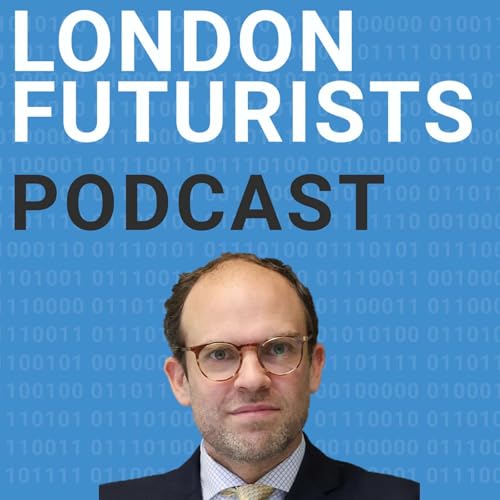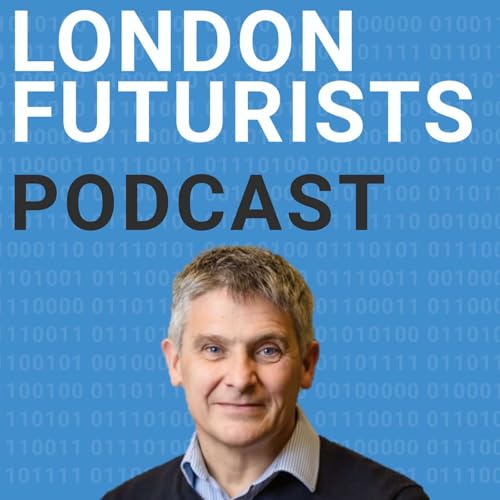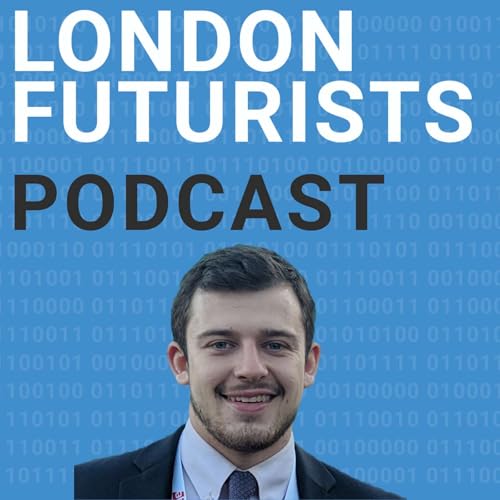Our guest in this episode is Noel Hurley. Noel is a highly experienced technology strategist with a long career at the cutting edge of computing. He spent two decade-long stints at Arm, the semiconductor company whose processor designs power hundreds of billions of devices worldwide.
Today, he’s a co-founder of Literal Labs, where he’s developing Tsetlin Machines. Named after Michael Tsetlin, a Soviet mathematician, these are a kind of machine learning model that are energy-efficient, flexible, and surprisingly effective at solving complex problems - without the opacity or computational overhead of large neural networks.
AI has long had two main camps, or tribes. One camp works with neural networks, including Large Language Models. Neural networks are brilliant at pattern matching, and can be compared to human instinct, or fast thinking, to use Daniel Kahneman´s terminology. Neural nets have been dominant since the first Big Bang in AI in 2012, when Geoff Hinton and others demonstrated the foundations for deep learning.
For decades before the 2012 Big Bang, the predominant form of AI was symbolic AI, also known as Good Old Fashioned AI. This can be compared to logical reasoning, or slow learning in Kahneman´s terminology.
Tsetlin Machines have characteristics of both neural networks and symbolic AI. They are rule-based learning systems built from simple automata, not from neurons or weights. But their learning mechanism is statistical and adaptive, more like machine learning than traditional symbolic AI.
Selected follow-ups:
- Noel Hurley - Literal Labs
- A New Generation of Artificial Intelligence - Literal Labs
- Michael Tsetlin - Wikipedia
- Thinking, Fast and Slow - book by Daniel Kahneman
- 54x faster, 52x less energy - MLPerf Inference metrics
- Introducing the Model Context Protocol (MCP) - Anthropic
- Pioneering Safe, Efficient AI - Conscium
- Smartphones and Beyond - a personal history of Psion and Symbian
- The Official History of Arm - Arm
- Interview with Sir Robin Saxby - IT Archive
- How Spotify came to be worth billions - BBC
Music: Spike Protein, by Koi Discovery, available under CC0 1.0 Public Domain Declaration
 46 min
46 min Dec 5 202545 min
Dec 5 202545 min 41 min
41 min 42 min
42 min 38 min
38 min 37 min
37 min Aug 5 202541 min
Aug 5 202541 min 54 min
54 min
